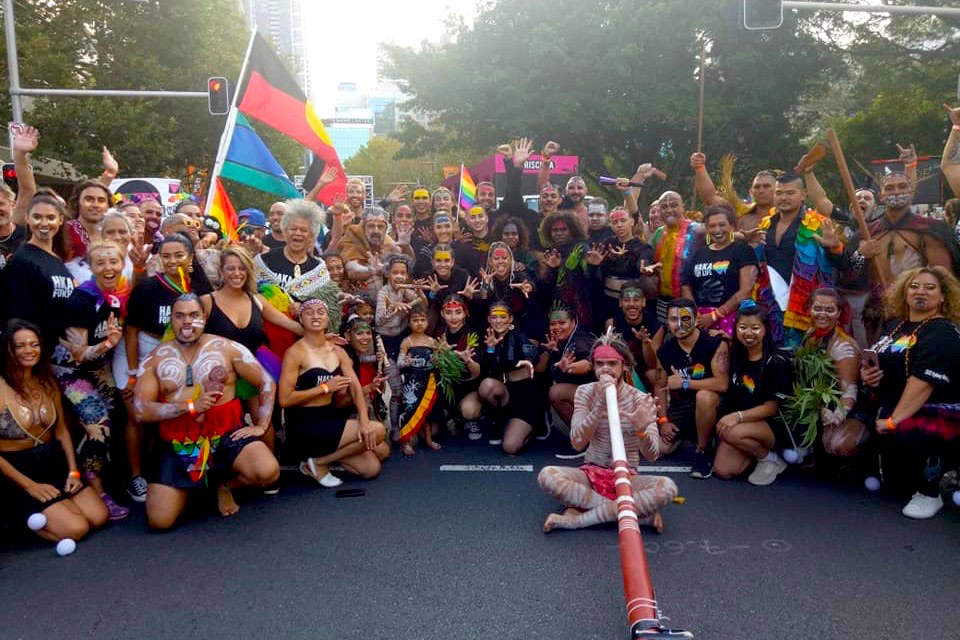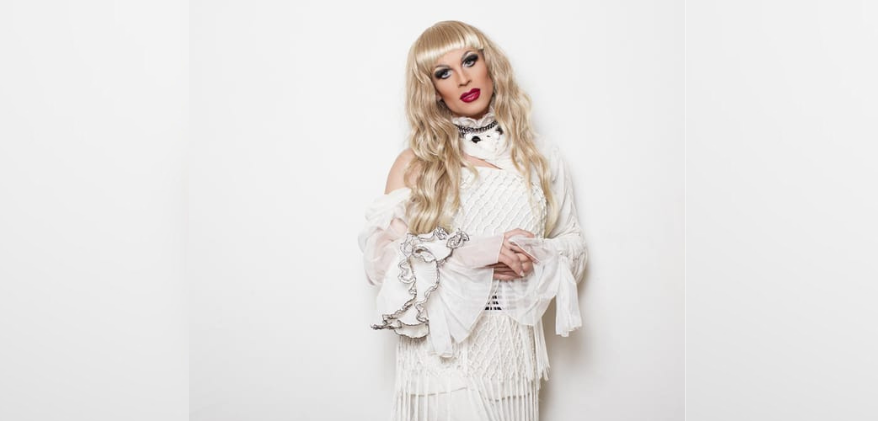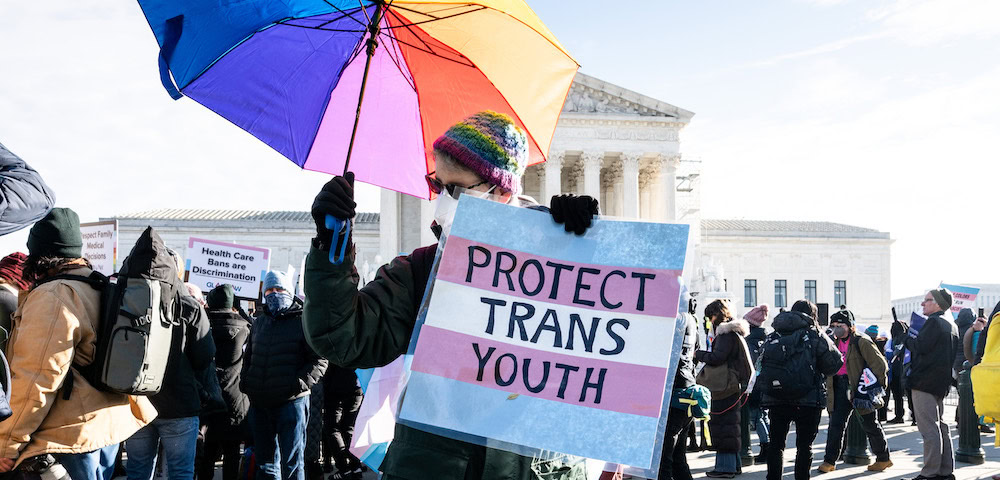
78ers And First Nations Activists Condemn Police Brutality

First Nations activists and Mardi Gras 78ers have condemned police behaviour following the second Black Lives Matter rally in Sydney, earlier in June.
Despite the legally approved rally proceeding without incident, police forced a crowd at Central Station into the narrow suburban concourse on Eddy Avenue and surrounded them in a process known as ‘kettling.’
The crowd was not allowed to disperse and were cornered in with no regard for social distancing practices that the police claimed to be upholding. Police then used capsicum spray on a number of adults and children who were unable to escape.
First Nations LGBTQI activist corporation, Firstnationsrainbow, and community association for 78ers who were involved in the first Mardi Gras, First Mardi Gras Inc, denounced the police’s response in a statement made on their Facebook last week.
The two groups compared the police’s actions at the beginning of June, to the police response to the first Mardi Gras protest in 1978.
“The result was panic and outraged resistance – exactly the response that the police had intended to provoke,” the groups said in a statement on their Facebook.
“Police then used violence and pepper spray on innocent people, and some officers even laughed.
“This long-standing NSW police tactic is one 78ers remember well – when protesters were trapped, bashed and arrested in Kings Cross by police on June 24, 1978. It wasn’t right then, and it isn’t right now.
“78ers have now received an apology from the Police Commissioner for the behaviour of NSW Police in 1978. But the NSW Police have demonstrated that they have not changed.
“First Nations people were there rallying in protest, as we have many times before, calling for justice, calling for freedom, demanding that the police and justice systems stop killing us.”
Tens of thousands of protestors marched through Sydney on June 13 to protest the deaths of over 400 First Nations people in police custody since the 1987 Royal commission, after the NSW Court of Appeal overturned a ban on the Black Lives Matter protest despite opposition from police and the NSW Government.
The peaceful protestors held a minute’s silence in tribute to George Floyd, a black man who was killed by a white police officer in Minneapolis in the United States.
After the protest concluded, however, NSW Police were seen kettling the small group of 200 protestors inside Central Station, before unleashing capsicum spray on a remaining group of 40 to 60 adults and children.
First Mardi Gras Inc. spokesperson and 78er protestor, Diane Minnis said that the protestors deserved an apology for the targeted actions of police – which many have compared to the same targeting of Sydney’s LGBTQI community in the 70s, 80s and 90s.
“Those protesters at Central Station deserve an apology. First Nations people deserve apologies and need urgent systemic change to stop the targeting of their communities by police and the justice system and to stop deaths in custody,” she said.
First Nations Rainbow spokesperson, Russell Weston, noted that the LGBTQI and First Nations communities share a history of targeted police violence – and this history is continuing to seep into the present.
“As LGBTQI First Nations people, we know the compounding of discrimination puts us at further risk from Police. The fear for our communities, our loved ones and us in relation to the police and justice system’s discrimination and violence is real, ongoing and current.”
Wiradjuri Brother-Boy and First Nations activist, Hayden Moon, told Star Observer that the fight against police brutality involves all marginalised communities in Australia.
“42 years later and we’re still seeing the same police brutality that occurred at the 1978 Mardi Gras toward First Nations people, LGBTI+ people and people with disabilities,” they said.
“White LGBTI+ people so often forget the history of Mardi Gras. This is not acceptable. The fight against police brutality needs to continue.”








